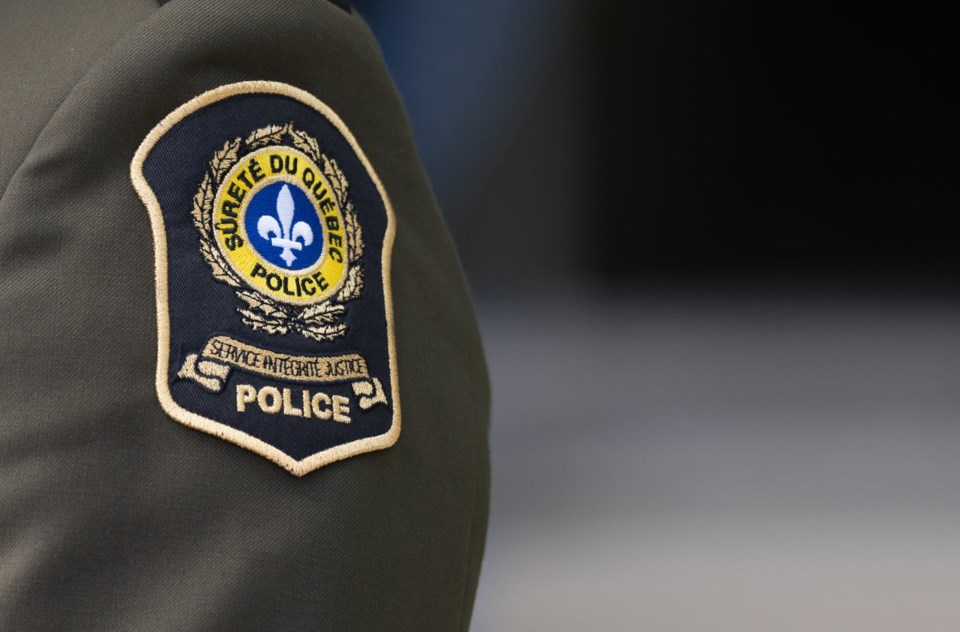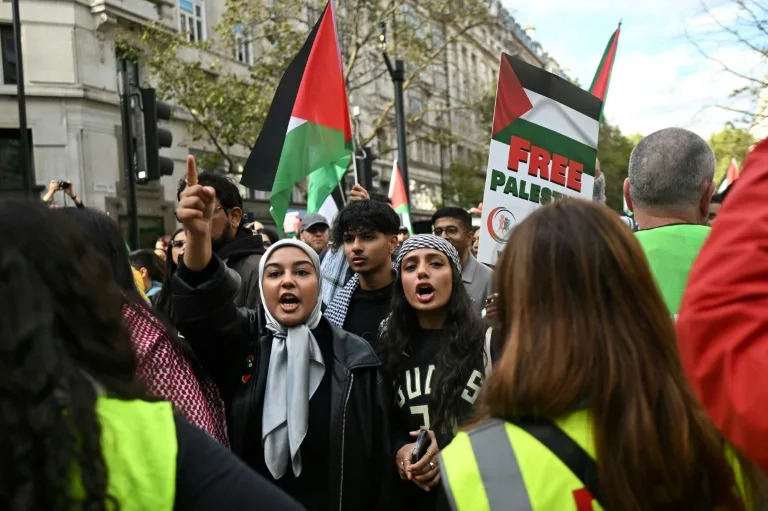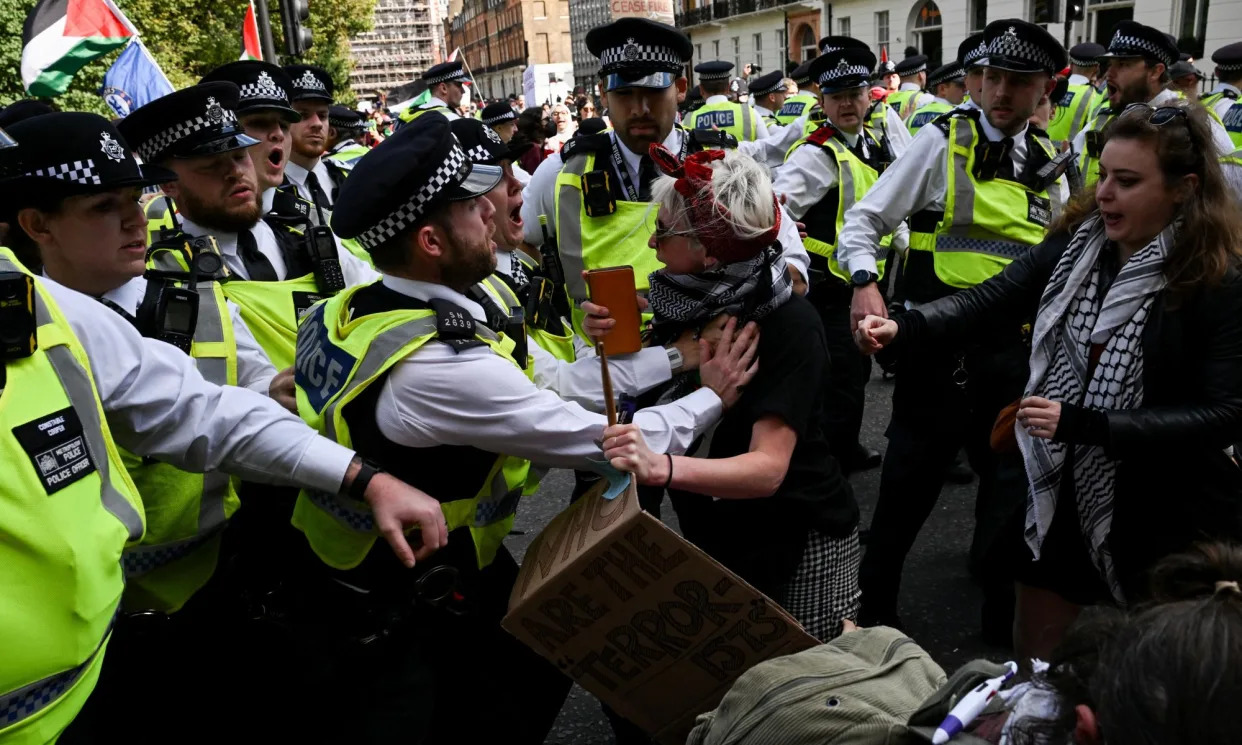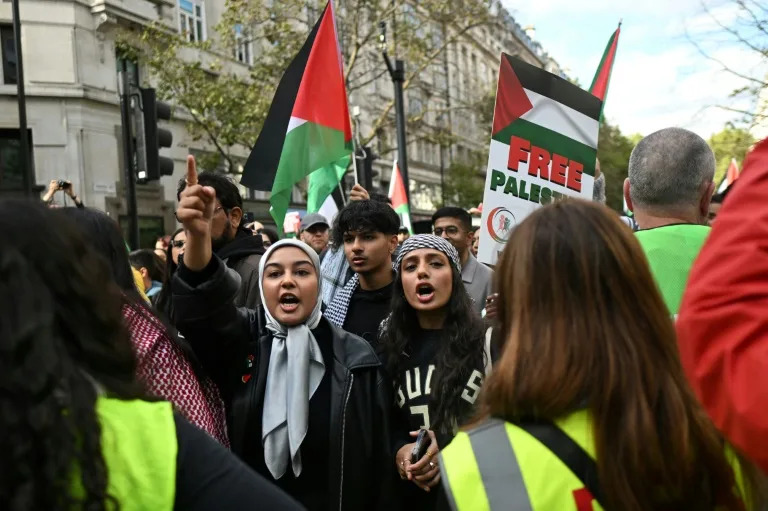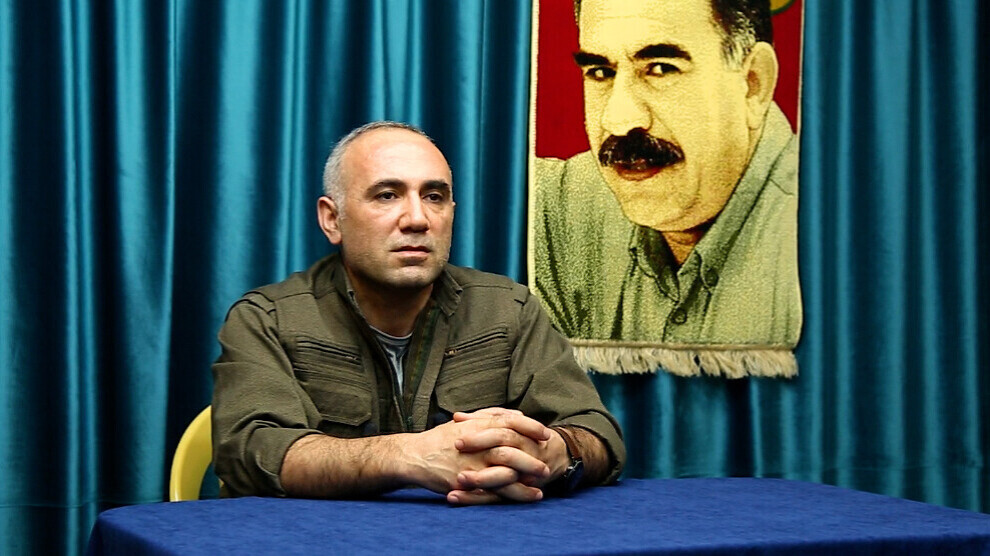Some unions are pushing back against green policies to save jobs. They may support carbon capture, but it's a con to support fossil fuel use.

Ratcliffe-on-Soar coal plant has been closed (Picture: flickr/Phil McIver)
By Camilla Royle
Friday 04 October 2024
The Labour government announced last Friday that it would be investing £22 billion over the next 25 years in carbon capture and storage (CCS).
This is where carbon dioxide emissions from power plants and factories are collected and buried deep underground before they can reach the atmosphere.
The leadership of some trade unions will no doubt welcome the news. The Unite union has consistently argued that Britain needs to invest in CCS to tackle climate change and create thousands of jobs.
This, it says, will help save heavy industry in Wales, the Midlands and north England.
That sentiment is reflected in a motion passed narrowly at the recent TUC trade union federation conference.
It argued that we can’t abandon fossil fuels “until we know how we will replace them, and how the jobs and communities from the North Sea fields will be protected”.
However, CCS technology has not been tried at commercial scale before. And rolling out a new technology over 25 years is far from the urgent response we need to tackle climate breakdown.
More importantly, CCS allows the fossil fuel industry to continue its operations, locking us into the technologies of the past.
That’s why it’s supported by the biggest energy companies such as BP, Shell and ExxonMobil.
In some cases where CCS has been tried it has actually increased emissions. Pumping carbon dioxide into the ground has been used as a method to allow more oil to be extracted.
Doug Parr, from Greenpeace UK, has rightly said, “For a government that is committed to tackling the climate crisis, £22 billion is a lot of money to spend on something that is going to extend the life of planet‑heating oil and gas production.”
Campaigner George Monbiot has speculated that “the only possible explanation is lobbying by fossil fuel companies”.
Continuing to burn fossil fuels risks the lives of working class people in this country and around the world. What is needed is a revolution in the way the energy system runs.
Rather than centralised coal, gas or nuclear power plants, electricity generation could be more efficient with decentralised renewables.
There could be a real shift in the use of energy with measures such as insulated homes and widespread free public transport.
These measures would create more jobs than are lost in the fossil fuel industry.
Rather than defending the status quo, workers and unions should be at the forefront of pushing for the system change we need.
Workers shouldn’t mourn the loss of coal power
Britain’s last coal‑fired power station, Ratcliffe on Soar in Nottinghamshire, was shut down last week.
Coal once accounted for nearly 100 percent of energy generation in Britain. At its peak in the 1920s, there were nearly 1.2 million people employed in the coal industry.
Scientists have warned that 90 percent of coal must be kept in the ground to give us even a 50 percent chance of avoiding global warming of 1.5 degrees Celsius. That was the target agreed after the Paris climate talks in 2015.
A report last year from Global Energy Monitor argued that all coal-fired plants should be shut down by 2040 to meet this target. Any delay now increases the risk of reaching irreversible and catastrophic climate tipping points.
Sadly, the report showed that coal power has continued to expand in China at a rate that more than offsets the reduction in capacity in the United States and European Union.
Renewable energy sources have become more important in Britain. But the other main beneficiary of the decline in coal has been natural gas. Although less carbon intensive, it still releases carbon dioxide into the atmosphere.
The type of energy we use is determined by what is profitable, rather than what’s best for the environment.
The transition away from coal power is good news. But leaving it to the market risks letting gas and biofuels take its place.

